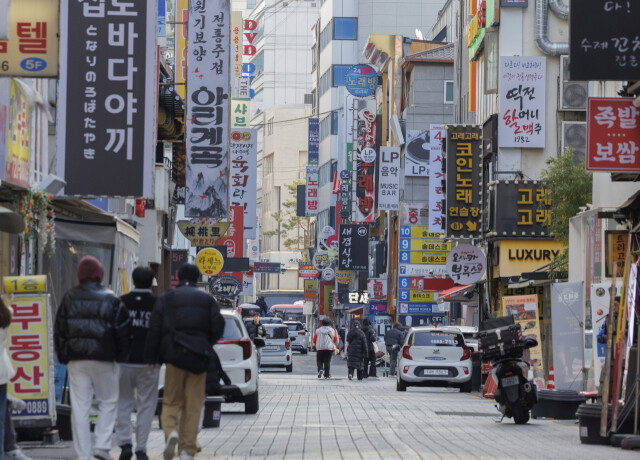
Seoul, South Korea – The South Korean government has unveiled a new economic policy package aimed at stimulating the domestic economy and easing the burden on households, amid ongoing political uncertainty. While the policy focuses on boosting consumption and providing tax breaks, it notably excludes measures to relax mortgage regulations.
According to the Ministry of Economy and Finance, the 2025 Economic Policy Direction aims to revitalize local economies and reduce living costs. Key measures include expanding the monthly rent deduction for dual-income households and broadening the scope of income tax deductions for jeonse (key money) loans.
To support dual-income households, particularly those living apart, the government plans to allow a combined monthly rent deduction of up to 10 million won per household. Currently, only the head of household is eligible for this deduction.
"Considering the increasing number of dual-income couples living apart, we will revise the tax law in 2025 to allow for this deduction," said a ministry official.
The government will also expand the eligibility criteria for income tax deductions on jeonse loans. Currently, taxpayers can only claim deductions if the loan is directly deposited into the landlord's account by the financial institution. The revised policy will allow taxpayers to claim deductions even when the loan is transferred between financial institutions.
To stimulate consumption and support small businesses, the government will temporarily double the income tax deduction rate for credit card spending at small businesses to 30% in 2025. This measure is expected to benefit small businesses with annual sales of less than 104 million won.
To revitalize local economies, the government will relax property tax burdens on residential properties in rural areas. The eligibility criteria for the one-home tax exemption will be expanded to include homes with a public assessment value of up to 400 million won, up from the current 300 million won. Additionally, the threshold for acquiring low-value homes without incurring additional acquisition tax will be increased to 200 million won for rural properties.
"We will revise the enforcement decree in February to implement these tax relief measures for rural properties," said Park Geum-cheol, director-general of tax policy at the Ministry of Economy and Finance.
Mortgage Regulations Remain Tight
Despite the focus on stimulating domestic demand, the government has decided against easing mortgage regulations. Kang Young-su, director of financial policy at the Financial Services Commission, stated that "there are no plans to relax loan-to-value ratios or other mortgage regulations at this time."
The decision to maintain tight mortgage regulations reflects concerns about potential risks to financial stability and the need to ensure a sustainable housing market.
[Copyright (c) Global Economic Times. All Rights Reserved.]






























